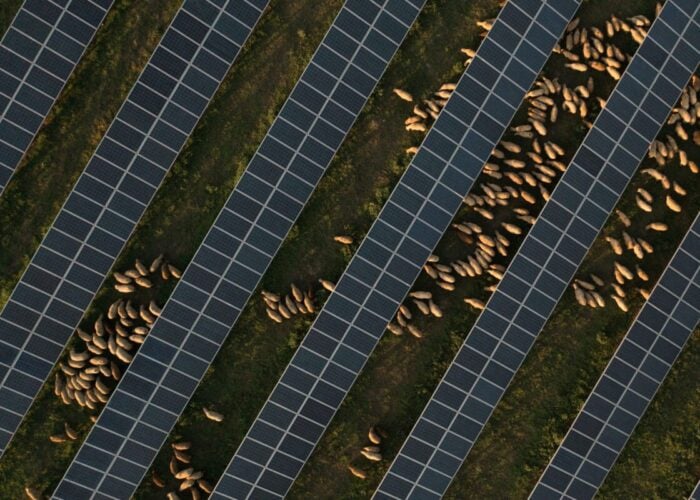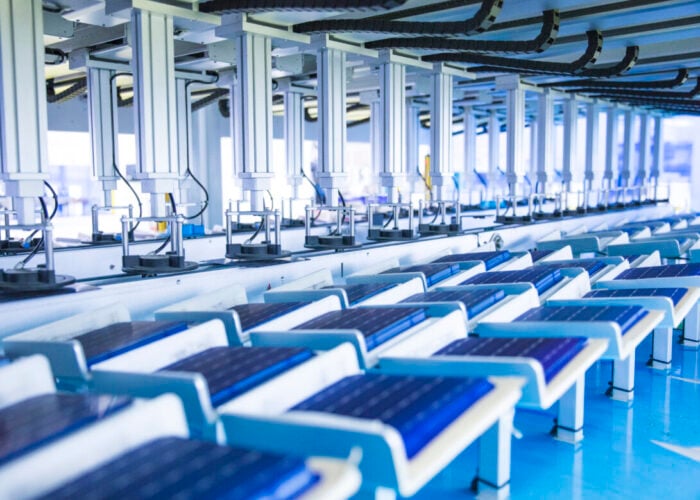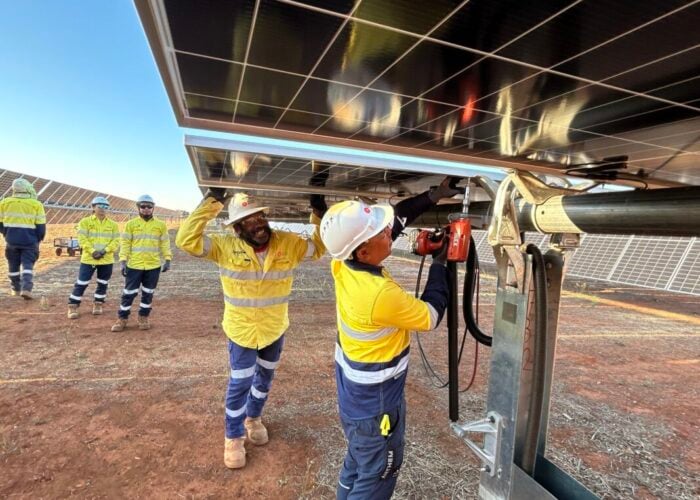China has launched a trade probe into US subsidies for renewable energy and is contemplating filing a case with the World Trade Organisation. The probe is the latest episode in the rapidly escalating trade dispute between the two countries that was sparked off by an anti-dumping petition from a group of US manufacturers last month.
According to a statement on the Chinese Commerce Ministry’s website, the investigation will look into whether governmental support and policies in the US unfairly promotes trade barriers in solar and other renewable energy sectors. The Ministry has also alleged that the measures violate the US's adherence to World Trade Organization rules. Six projects, in Washington, Massachusetts, Ohio, New Jersey and California, will be covered by the report, which comes in response to a complaint from Chinese solar industry associations and officials who have called for trade countermeasures.
Try Premium for just $1
- Full premium access for the first month at only $1
- Converts to an annual rate after 30 days unless cancelled
- Cancel anytime during the trial period
Premium Benefits
- Expert industry analysis and interviews
- Digital access to PV Tech Power journal
- Exclusive event discounts
Or get the full Premium subscription right away
Or continue reading this article for free
Both China and the US have made renewable energy a priority within their respective domestic energy strategies, offering support via a range of policies, such as tax breaks, loan assistance and fast-tracking permits; last year China invested US$54 billion in clean energy, while the US spent US$34 billion. These outlays have made renewables increasingly important in the respective countries and Gao Hongling, deputy secretary general of the China Photovoltaic Industry Alliance, believes that a potential trade war would hurt both sides.
The US still exports large quantities of polysilicon and manufacturing machinery and “if we launch countermeasures, American raw material and equipment firms will take a very big hit,” Hongling said.






